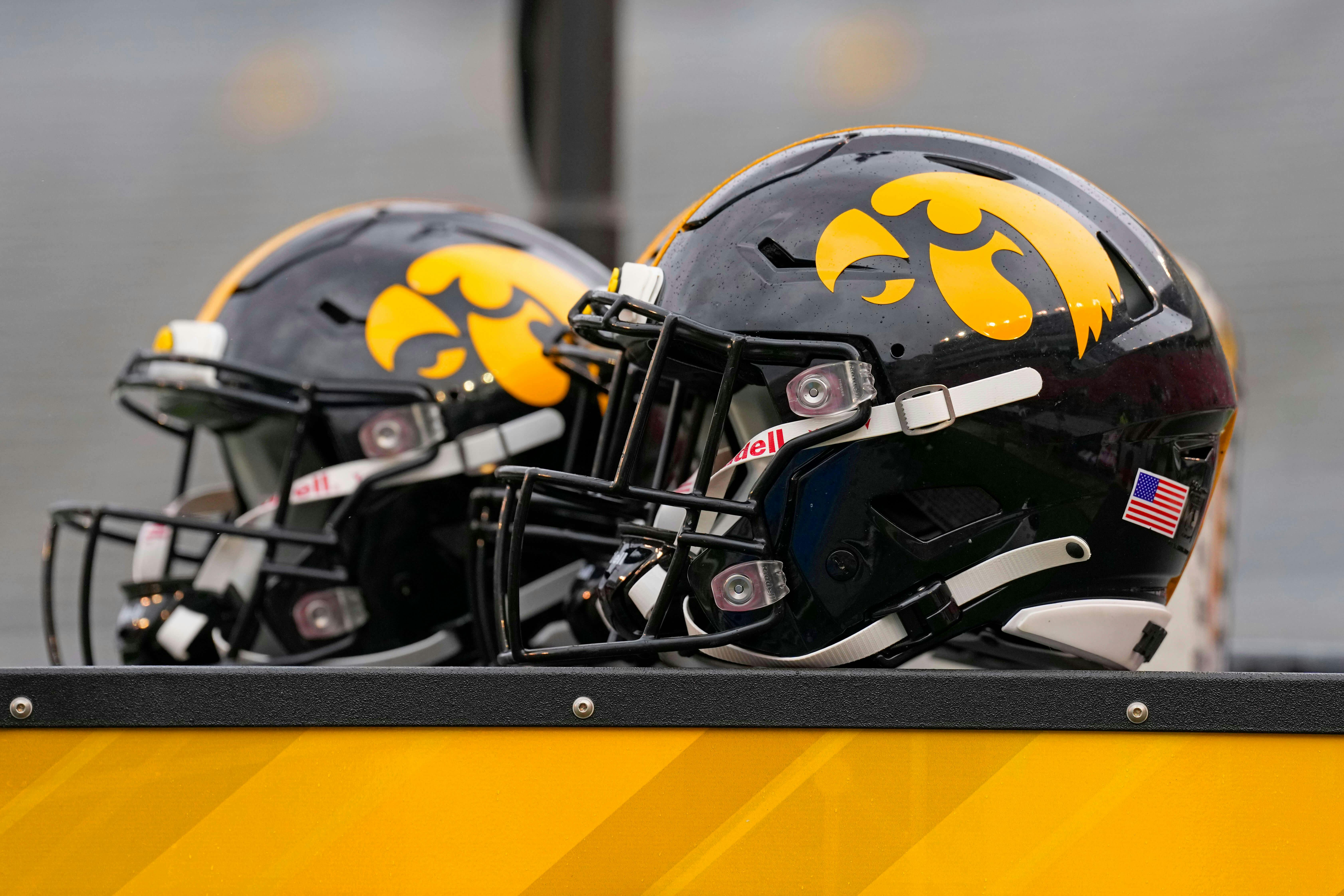Twenty-six Iowa athletes are suing state investigators who they claim violated their constitutional rights.
This is hardly the first legal action surrounding the investigation of athletes and sports betting allegations, nor is it likely be the last. The decision in this suit, however, may clarify the legal boundaries for using third-party software during these investigations.
Background
This particular case stems from the 2023 criminal charges levied against more than two dozen Iowa collegiate athletes. In most of those cases, the athletes pled down to lesser charge of underage gambling and paid a fine.
Four Iowa athletes, however, successfully contested the charges. Their chargers were subsequently dropped after the court ruled that the investigators misused third-party tracking software that located Iowa sports betting apps on cell phones on the college campus. The investigators’ lack of a warrant or probable cause when they used the tracking data, and the fact that the third-party software supplier, GeoComply, subsequently cut off the investigators’ access to its database for violating its user agreement also played into the decision.
Online sports betting providers use third party location software to ensure bettors are within a legal jurisdiction. GeoComply is one of the largest providers of geolocation data. And while online sports betting companies like DraftKings and FanDuel tell customers that they may share personal information with law enforcement agencies, that does not necessarily preclude the need for a warrant. That decision opened the door to the 47-page lawsuit filed in the U.S. District Court for the Southern District of Iowa on Friday.
The case at hand
The lawsuit argues that the state’s investigators needed a warrant to use the geolocation data that subsequently identified the plaintiffs, according to ESPN. Without that warrant, any further discovery was tainted and inadmissible. The suit further alleges that the state’s investigators violated the plaintiffs’ constitutional rights and resulted in pain and suffering. The suit is seeking both punitive and compensatory damages.
The plaintiffs include 16 current or former student-athletes from the University of Iowa, nine from Iowa State, and one from a central Iowa community college. NCAA athletes are prohibited from betting on any collegiate sport.
The defendants in the case include Department of Public Safety commissioner Stephan Bayens, Department of Criminal Investigation (DCI) director Paul Feddersen, DCI assistant director David Jobes, DCI special agent for sports wagering Troy Nelson, and special agent Brian Sanger.
“The lives of these young men have been disrupted and altered in way(s) still yet to be fully seen," read a statement from the plaintiffs’ attorneys. "It is our hope that through the civil action we can help these young men put their lives back on track and gain a measure of justice for the violation of their rights.”
Since the U.S. Supreme Court lifted the ban on sports betting back in 2018, the rapid expansion of legalized sports betting has been at the epicenter of issues relating to the integrity of sporting results, public welfare, harassment, and privacy. It has embroiled the governing bodies of nearly every professional and collegiate sport. Lawsuits like this are the necessary growing pains of the country’s fledgling sports betting industry.




















